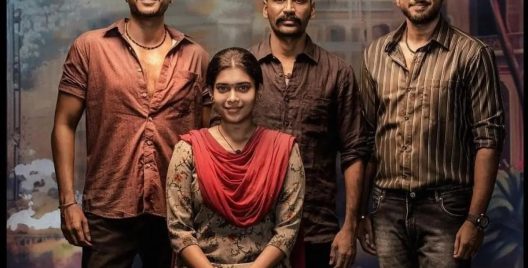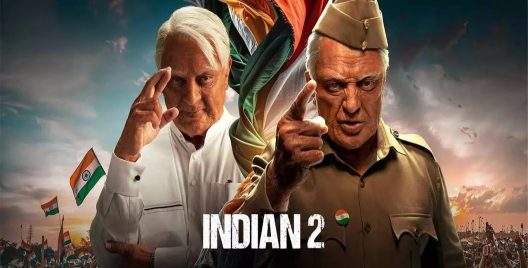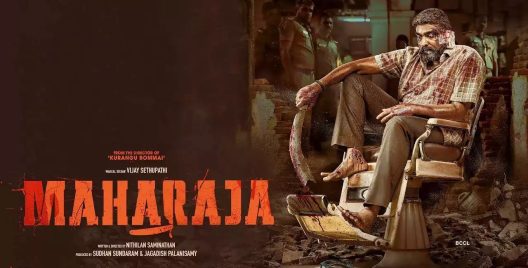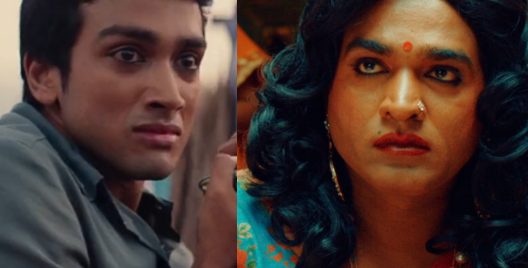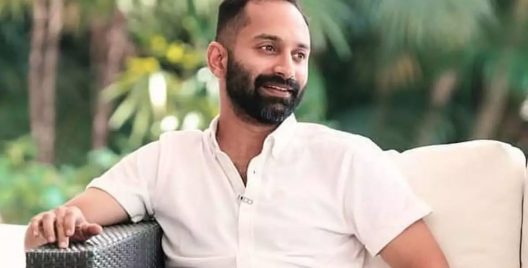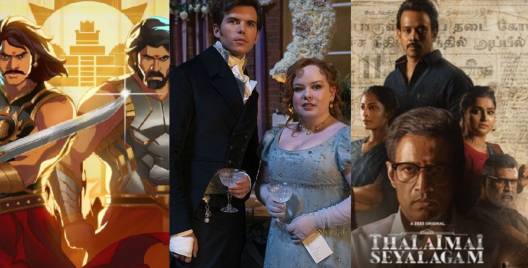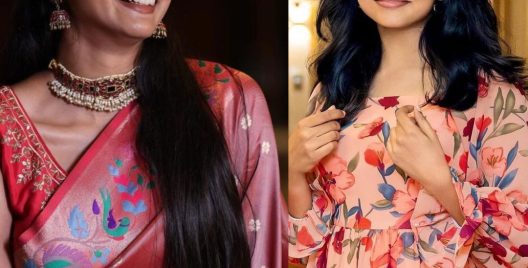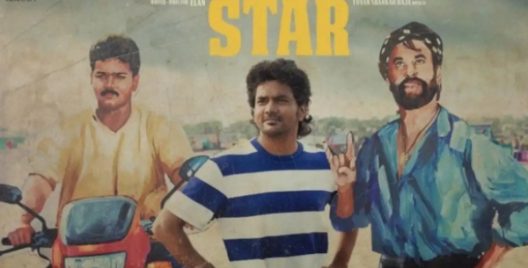The film follows three couples – Mano (Vikram Prabhu) and Mitra (Shraddha Srinath), Rangesh (Vidharth) and Pavithra (Abarnathi), and Arjun (Sri) and Divya (Saniya Iyappan). The stories are connected through Mitra who is a psychologist and marriage counsellor, with the other couples consulting her.
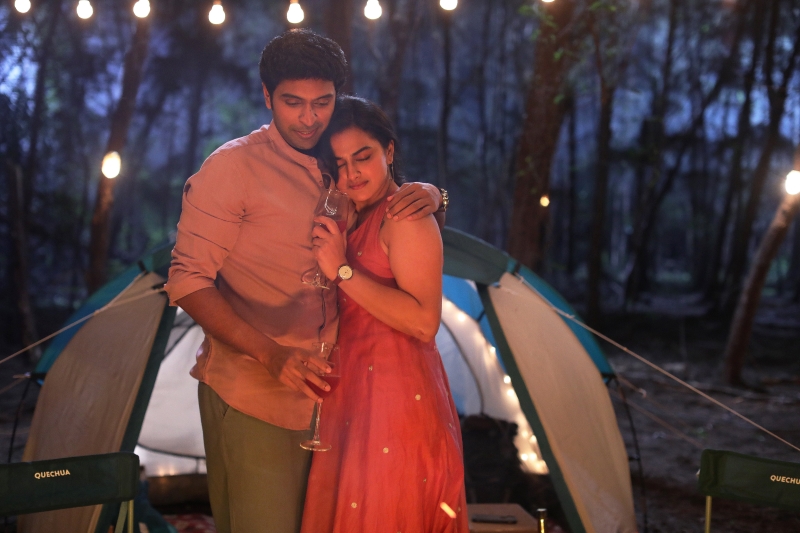
Mitra believes she’s in a happy marriage, but Mano resents her penchant for turning their relationship into a case study and approaching it like a professional. Rangesh is unhappy with Pavithra’s weight gain post baby and he also feels pressured by his role as the provider of the family. Arjun is frustrated by Divya’s passive presence while the latter has become withdrawn due to his abusive nature. The conflicts presented in the film are likely to be relatable to a significant percentage of the population. These are not ‘big’ problems per se, but when left unaddressed, they can become deal breakers.
Through Mitra, the marriage counsellor, the film throws light on different aspects to a relationship that might not be common knowledge. The idea of love languages, for example, and how important communication is in a marriage. But though Irugapatru seemingly gives equal weightage to the perspectives of its female characters, the resolutions to the conflicts show that ultimately, the film is written from a male point of view.
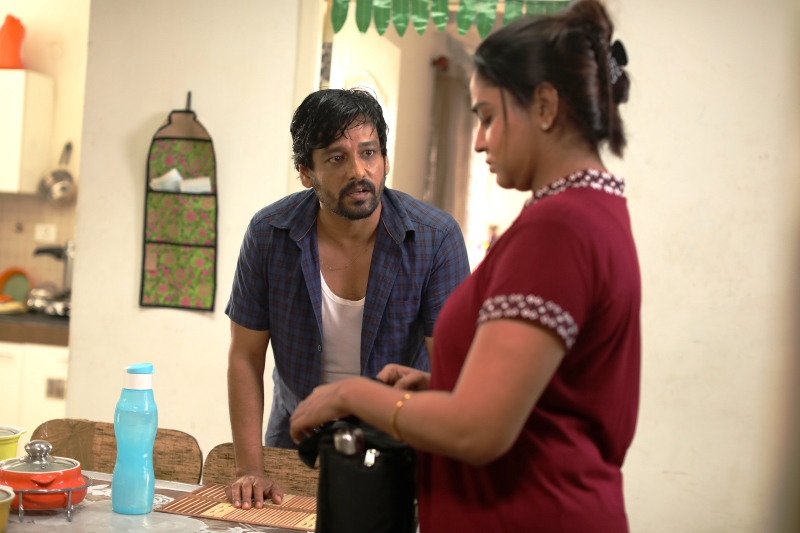
Let’s start with the most conventional couple of the three – Rangesh and his homemaker wife, Pavithra. Rangesh constantly humiliates Pavithra, and isn’t even remotely interested in their baby. When she tries to get him sexually interested in her, he insults her. She attempts to work out and lose weight, but struggles to stay disciplined. When he asks for a divorce, she begs him not to leave her.
To be fair, the film doesn’t side with Rangesh for his appalling behaviour – but as the narrative unfolds, the reason for his actions makes the audience sympathise with him. In an emotional scene, Rangesh reveals that as a man, he has always felt pressured to provide for the family, at the cost of following his own dreams and ambitions. When Pavithra learns of this, she becomes supportive of his needs, offering her jewellery to kickstart his business idea. She also starts to work out and lose weight because she wants to.
The plot is bent to the convenience of the male protagonist who gets exactly what he wants at the end – a slim wife and a business of his own. But what of Pavithra and her needs? Rangesh is shown supporting her at a gym contest, but what about participating in housework and childcare? Pavithra – with her postpartum body and the sheer exhaustion and challenges of bringing up a young baby – is made to rise to her husband’s expectations, and we’re supposed to believe that her needs magically coincide with his. “The baby is now a year old, I can also go to work,” she says in one scene. But without Rangesh’s equal involvement at home, how is she to build her career? The “yay” moment in her life is rather paltry, given what she has had to endure and what she gets in return from Rangesh.
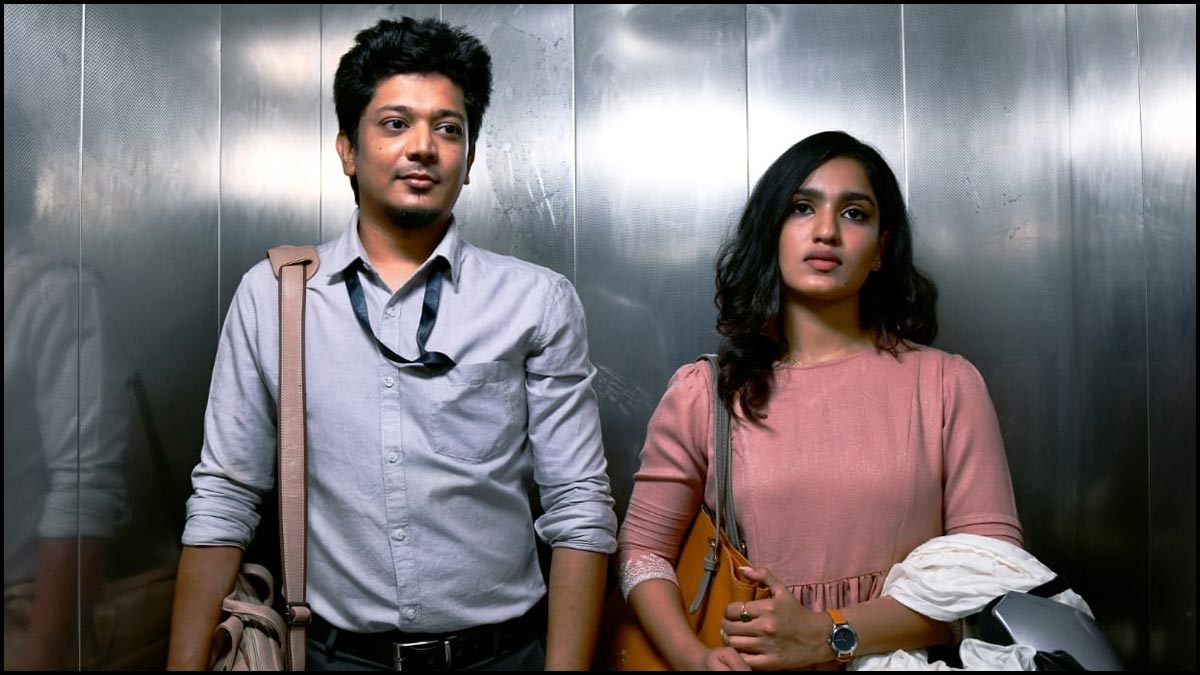
When it comes to Arjun and Divya, it initially looks like Arjun is a caring partner who doesn’t deserve Divya’s indifference. Gradually, the film draws us into the throes of their relationship, and reveals Arjun’s misogynistic, toxic nature. Irugapatru does well to show the very real effect that verbal abuse can have on a person, with Divya becoming a shell of the person that she used to be.
Both Rangesh and Arjun are abusive men, and their wives respond to them in opposite ways. The constant criticism from the husband erodes their sense of self worth, but Pavithra clings to Rangesh while Divya distances herself from Arjun. Pavithra doesn’t want a divorce while Divya files for one. Yet, in both cases, the solution is a reconciliation and divorce is avoided. Once again, the film leads us to believe that it is Divya who doesn’t want the divorce – just as we were made to think that it is now Pavithra’s idea to lose weight and become fit. The goals of the women align with what the men want, and the abuse they had to go through is discounted because the men realise their “mistake”.
In a society where divorce is considered to be a taboo, especially if a woman wants it, such narratives that glorify marriage only add to the perception that a relationship is worth saving at any cost.
Among the three women, Mitra is the most assertive. She is independent, outspoken, and clearly cares about her partner. Yet, her efforts at making the relationship work are presented as cold and clinical, with the film expecting us to sympathise with Mano’s need for spontaneous love. It’s even more alarming when Mano explains what his idea of spontaneous love is – the wife checking his phone and acting possessive, being suspicious of his character, nagging him for coming home late from work, holding his collar and yelling at him when she’s angry, making him beg for forgiveness after an argument and so on.
In other words, Mano seems to desire a toxic partner – a Mrs Arjun Reddy – and the problem seems to be that Mitra isn’t willing to be one. While he wants the drama of a juvenile relationship, Mitra is the adult in the room who believes a marriage can be better. Still, it is Mitra who has to change to make this marriage work. At one point, Mano even says that he wants her to be a psychologist outside the house and just his wife inside the house, demanding that Mitra compartmentalise her existence to please him. Towards the end, we learn that Mitra is willing to even give up her profession – an integral part of who she is – if that will save the marriage.
Mano’s condescending attitude towards Mitra’s job isn’t called to question. Neither is his non-participation in housework (she’s the one cooking all his meals). He also seems incapable of understanding that people are wired differently. Here, too, it is Mitra who changes to suit her male partner.
The film presents a clear picture of what the men want at the beginning of their narrative arcs, but is fuzzy when it comes to the women’s goals. The solution that suits everyone, therefore, is what the men want – a changed wife. Meanwhile, the men get away with some tears and words of regret.
The idea of holding on tight to a partner is romantic, but not necessarily for the best. Sometimes, the answer is letting go and moving on – and women, especially, need to hear this more. Irugapatru, but only if the relationship is truly worth it.





